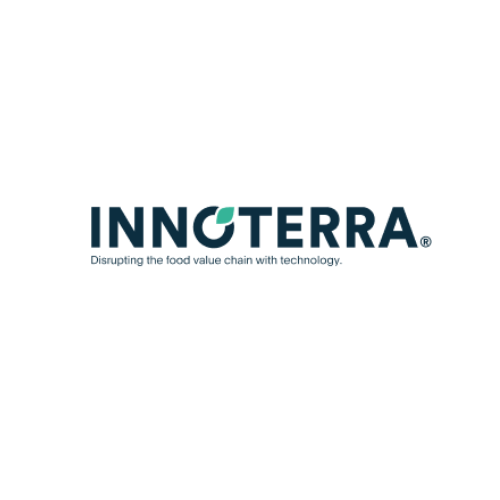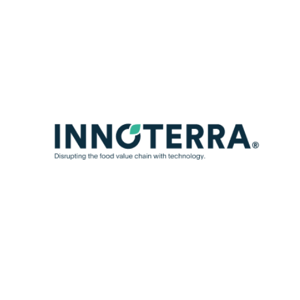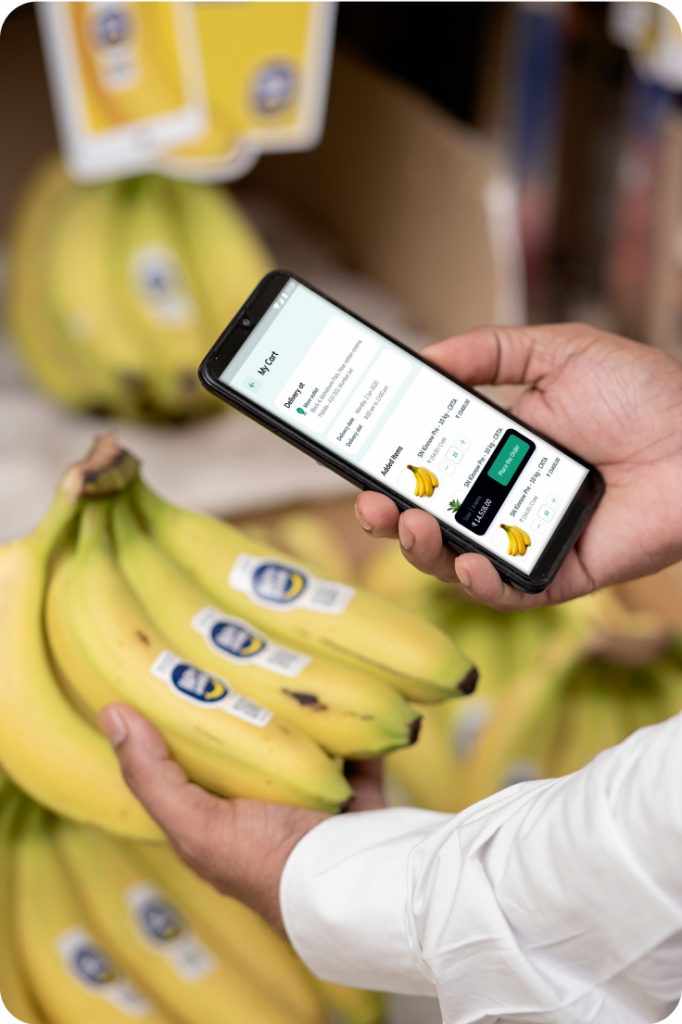
The world is evolving rapidly with regard to how it grows, processes, and consumes food. As climate pressures rise and populations expand, the need for Sustainable Food Systems has never been more urgent. Food security is no longer a matter of doing more; however, doing smarter, cleaner and fairer. The future of the world food supply will be based on the effectiveness of our balance between technology, sustainability, and inclusivity.
The modern food systems have several problems, such as soil erosion and water shortage, uneven distribution and excess. But, the way out is not in doing more of the same but by implementing strategies that put the planet first.
This is where Sustainable Food Technology plays a crucial role. It bridges the gap between traditional agriculture and modern efficiency.
Sustainable Food Systems
Sustainable Food Systems revolves around delivering nutritious food while maintaining ecological balance. It is about the ability to generate enough to nourish the population without depleting the natural resources.
Currently, farmers are experiencing pressure like never before to meet the changing climatic conditions and the changing consumer demands. They are heading to more accuracy in agriculture, regenerative agriculture, and digital solutions that monitor sustainability indicators in real-time.
The Role of Sustainable Food Technology
Technology is not any longer a tool, it is one of the key drivers of change. Sustainable Food Technology brings data-driven solutions that improve efficiency. AI-driven soil sensors, blockchain traceability, and all of these innovations are building an intelligent food economy.
For example, smart dairy management systems are helping farmers to optimise milk production, animal health, and supply chain emissions.
Moreover, the limits of agricultural possibilities are being pushed by vertical agriculture and more climate-conscious irrigation.
Why Collaboration Matters
Building global food security isn’t a task for farmers alone. It involves joining forces among governments, business, scientists, and consumers. Policy frameworks that encourage innovation and investment in Sustainable Food Systems can accelerate progress, especially in developing regions where food insecurity is most severe.
Every purchasing decision is biased towards a specific food system. People have a direct contribution to sustainability by switching to local produced food. Organisations on the business front are also taking up technologies that reduce carbon footprint and expand supply chain transparency.
A Future Built on Smart and Sustainable Choices
The only evident lesson of the past several years is that flexibility is the key to resilience. With human ingenuity and technological progress, it is possible to create the future where no one will be starving and the world will prosper. Sustainable Food Technology gives us the tools to create that balance, ensuring that food systems become more efficient, ethical, and environmentally sound.
Conclusion
The future of world food security lies in the pace of our innovation and cooperation. At farm-level, global alliances, all these measures make the world a more resilient place. To explore how technology-driven solutions are transforming agriculture and sustainability, visit Innoterra.com and discover how their expertise is helping shape smarter, more sustainable food systems for tomorrow.



Write a comment ...